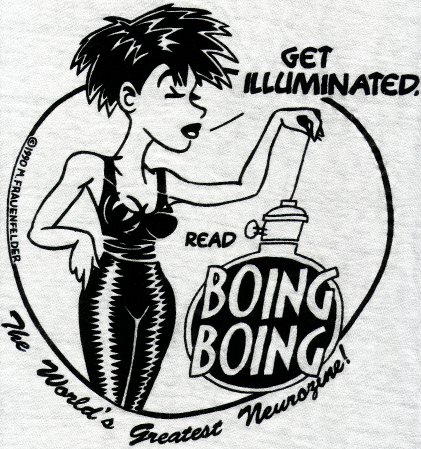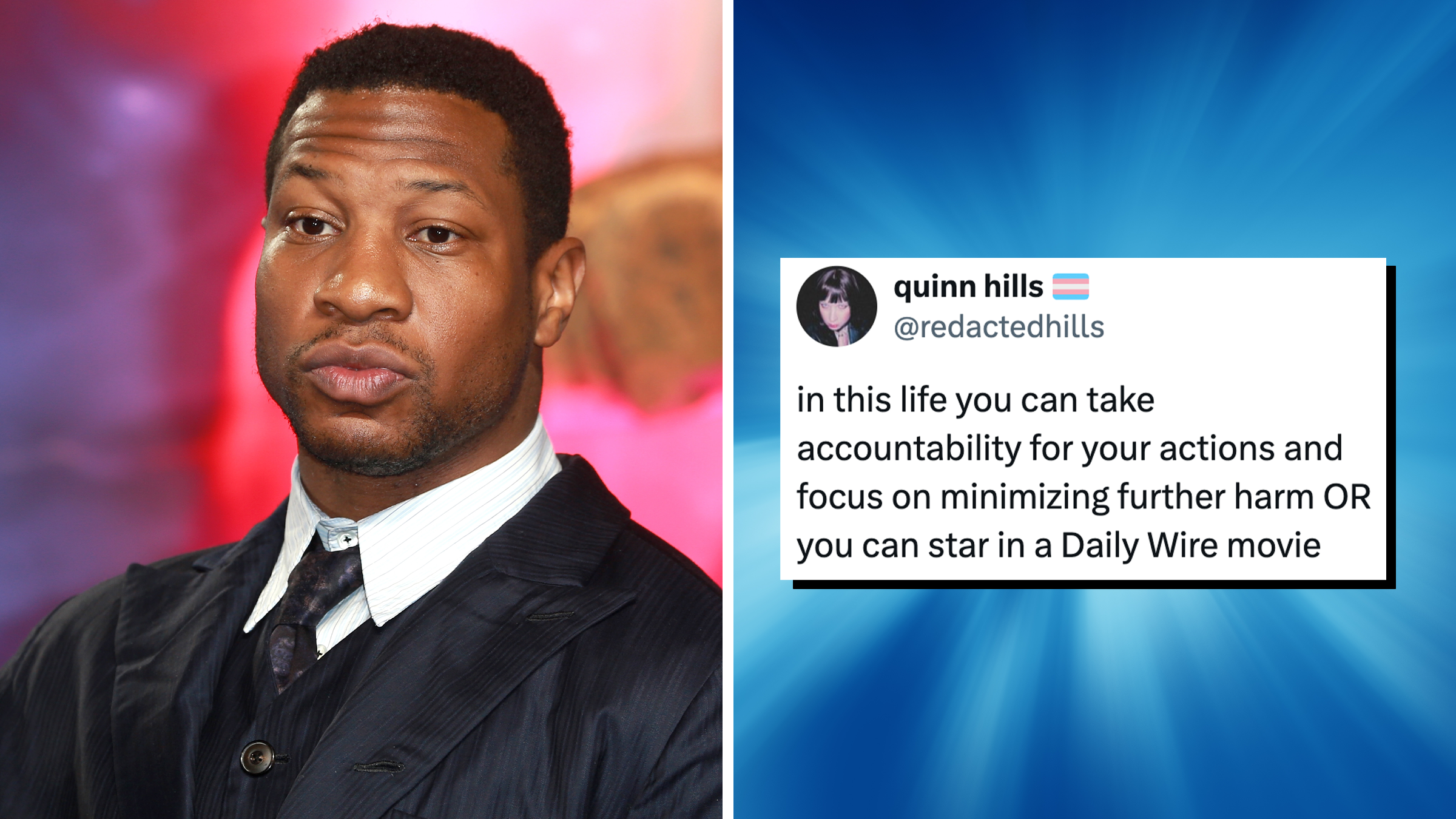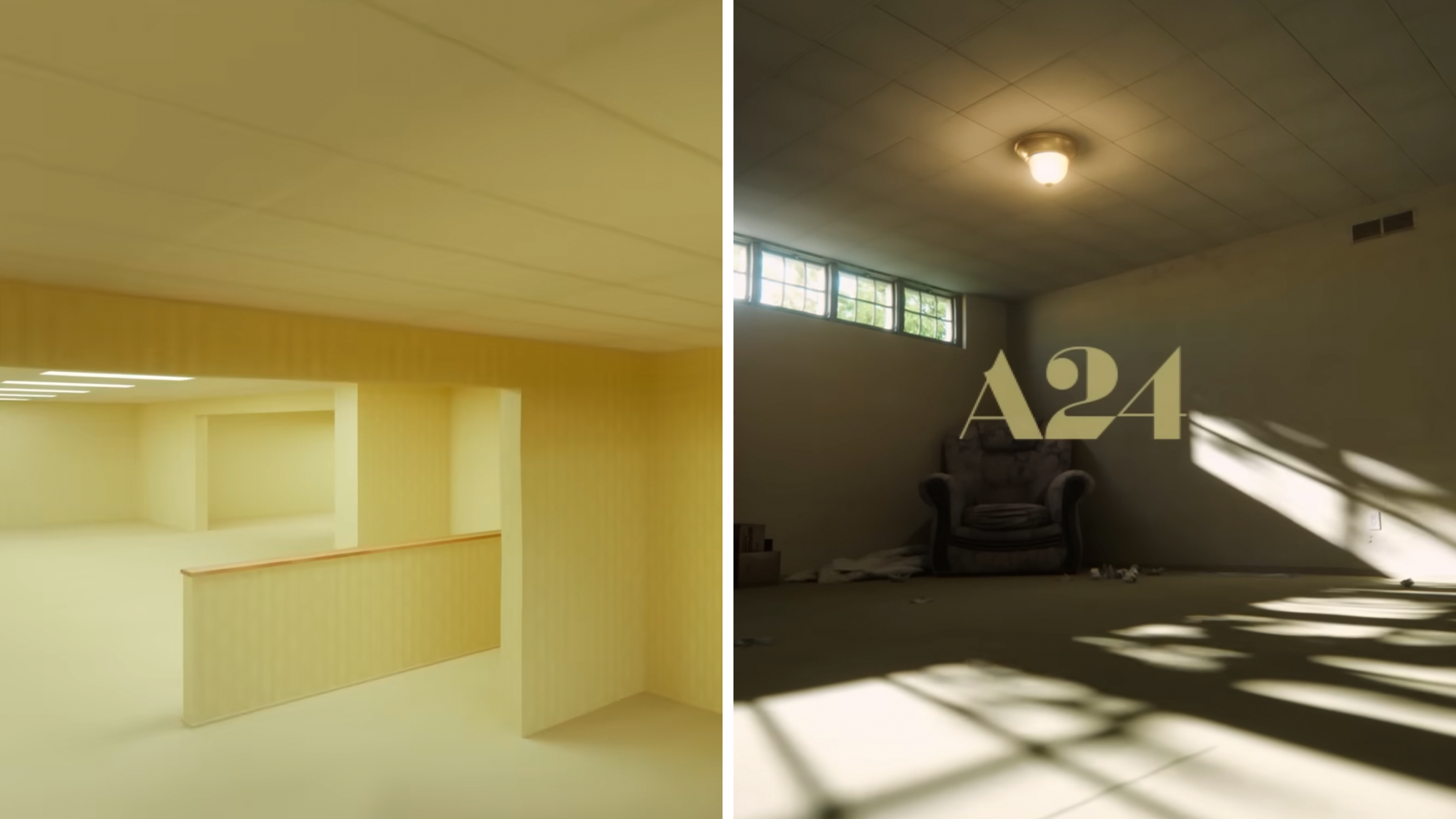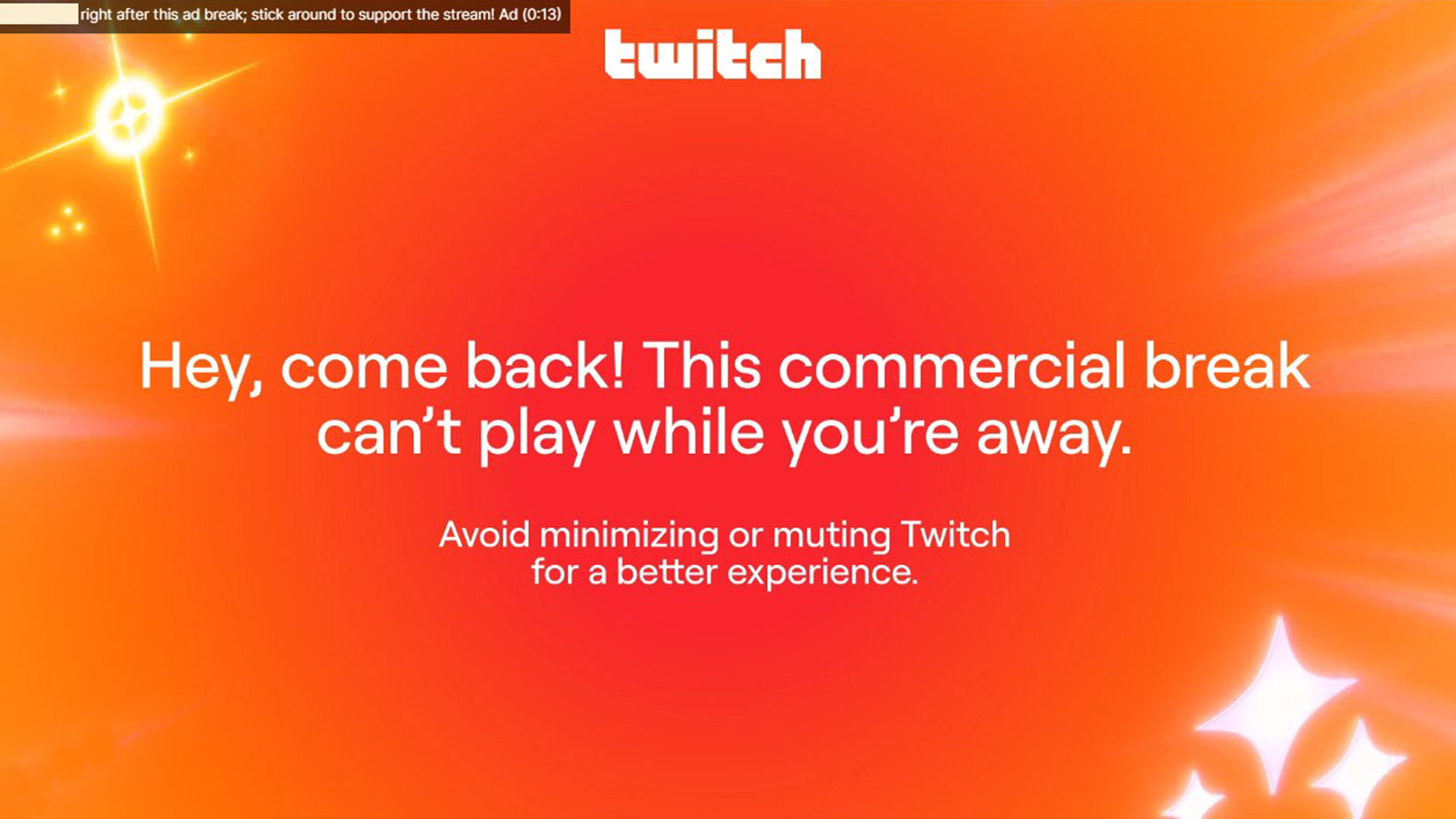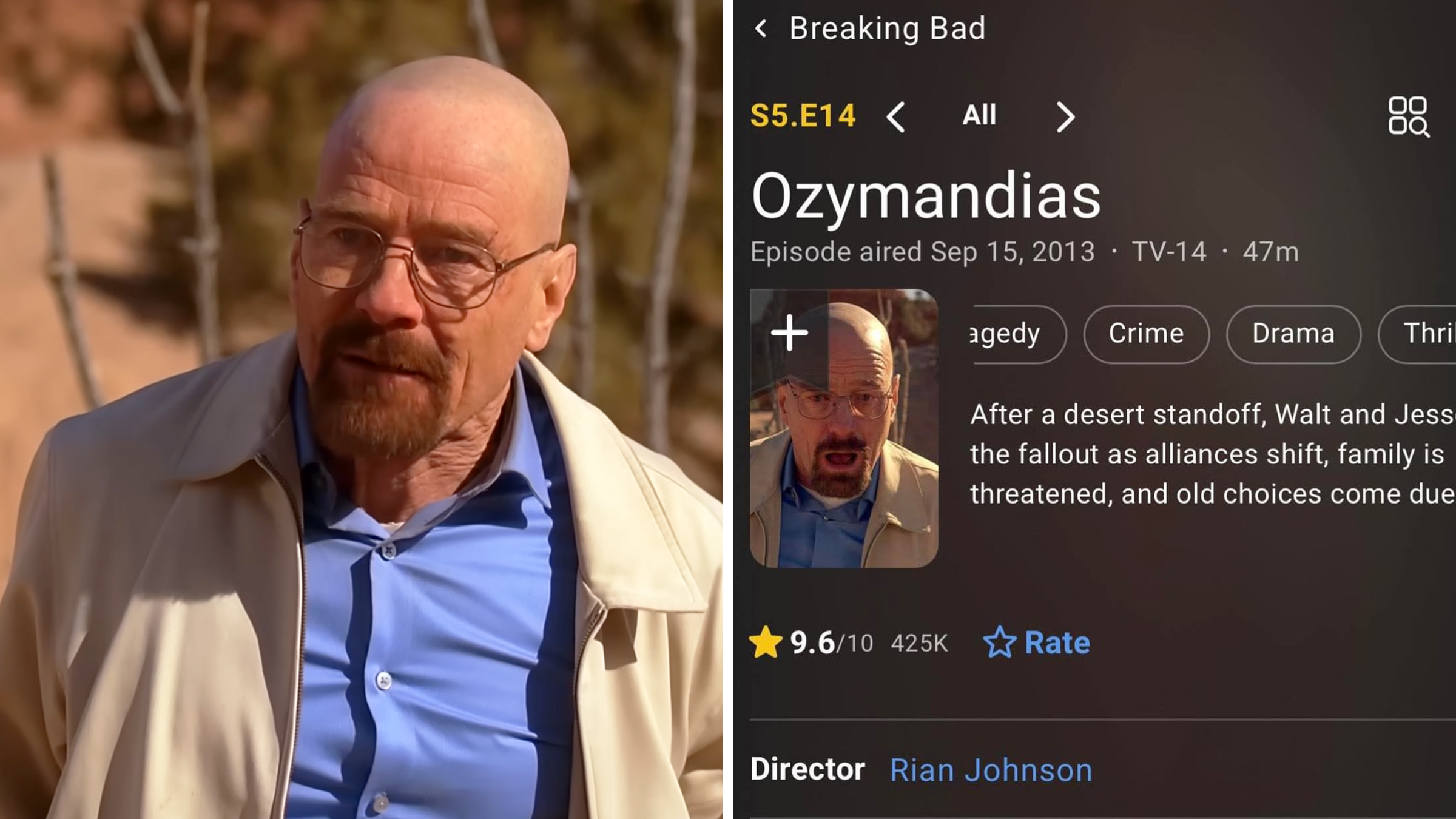Have you noticed that bacon is a bit overexposed lately? Blame Boing Boing.
The popular blog started it all back in ‘05 and ‘06. It just took the rest of the world a few years to catch on.
Really, that’s the story of Boing Boing’s life: finding the esoteric and making it trendy among geeks until it becomes, through some strange sociological alchemy, mainstream. It could plausibly be said to have invented hipster culture, with its focus on wistful handicrafts, the self-referentially retro, and the proudly geeky.
Its Web Zen posts could even be said to have popularized that now-classic Internet format: the linkdump. Not only is it one of the most popular, influential sites on the Internet, it’s also one of the oldest, having started as an actual, physical ‘zine back in 1998.
Boing Boing made the transition to the Web early, at the turn of the century, and two years later moved to a blog format. Two Webby awards and a permanent place in the Technorati Top Ten later, the rest is history, with an estimated 5 million unique visitors a month.
The Daily Dot spoke to the Boing Boing collective’s Managing Editor and proudly geeky ginger Rob Beschizza ahead of his ROFLcon appearance.
Daily Dot: Boing Boing has been going since Duran Duran was the hot new band. Why did Boing Boing succeed at that transition which, at the time, was killing so many other people?
“You'd have to ask [Boing Boing founder] Mark Frauenfelder for the details, but it's more or less because it was a decision made voluntarily and with enthusiasm. What killed so many other people was the fact that they went online reluctantly and with a bottomless sense of resentment about the whole thing.”
DD: Was it that they had a strong vision of how to monetize or that they had a trust fund or deep-pocketed investors?
“Nah, they just registered a web domain and got cracking. It didn't require any money to run at all.”
DD: Why do you think your popularity has been evergreen? Do you have a brand so strong people self-identify as the kind of people who read Boing Boing rather than the kind of people who read, say, the Huffington Post?
“I think it's because it's basically a small idea, a simple idea, that only appeals to a certain sort of person—the whole idea of happy mutants, hacking beyond computers, making stuff, whatever—rather than trying to be all things to all people. Some modern news sites are all about relentless growth and promiscuous appeal to as many people as possible. There's no voice—just an undifferentiated mountain of information. Boing Boing is much smaller and personal than this. It's a half-dozen writers writing about what interests us and our readers.”
DD: What is the strategy for Web longevity? You hardly post any cat videos.
“We're not big on cat videos anymore, but it happens. It's just old. We don't really have any strategy for anything like that. Our audience seems to grow slowly, which is likely younger people finding BB as time goes by. Older folks already like us or hate us; they will have long ago made up their mind.”
DD: How did your site grow from an edgy cultural outlier, nestled up against Mondo2000, to the destination site that it is now? It's really one of the central sites of the Internet in terms of culture; did BoingBoing move towards the culture or did the culture itself move towards Boing Boing?
“We move toward the culture, then we share what we like about it with others. So while it's mutual, we're really just knocking about the landscape the same as everyone else. It's easy to overestimate the influence that any one website has. There are just moments where everyone is paying attention, and those moments become part of the history, the culture, even if they don't really mean much.”
DD: What is the definitive Boing Boing article? What is the definitive Boing Boing voice?
“There's no definitive BB article! There's no definitive BB voice, either: just our individual voices blathering on at the site.”
DD: The average internet user now is far different from the average when you started. What differences do you see? Have you changed with the times as well, and if so how?
“The average Internet user is much less nerdy now than it was 15 years ago. Boing Boing's changed with the times—it's grown into a business, for starters—but the editors changed a lot personally, too, which accounts for the editorial changes over the years. We publish a lot more original features than we did 5 years ago, but even that is a hearkening-back to the zine days!”
DD: For an ensemble site, you have a strong and consistent style. How do you keep the core group working together for so long?
“Because it's fun. We all love doing it. That's more or less all there is to say about the collaborative aspect of it.”
DD: With so many hundreds of millions of websites out there, attention is getting fragmented. How does this influence you and your readers?
“The pond we're in became an ocean. It's the most wonderful thing about it.”
- ROFLcon: The Distant Future, the Year 2000
- Friday, 5 pm, Track A
Photo via Wikipedia
